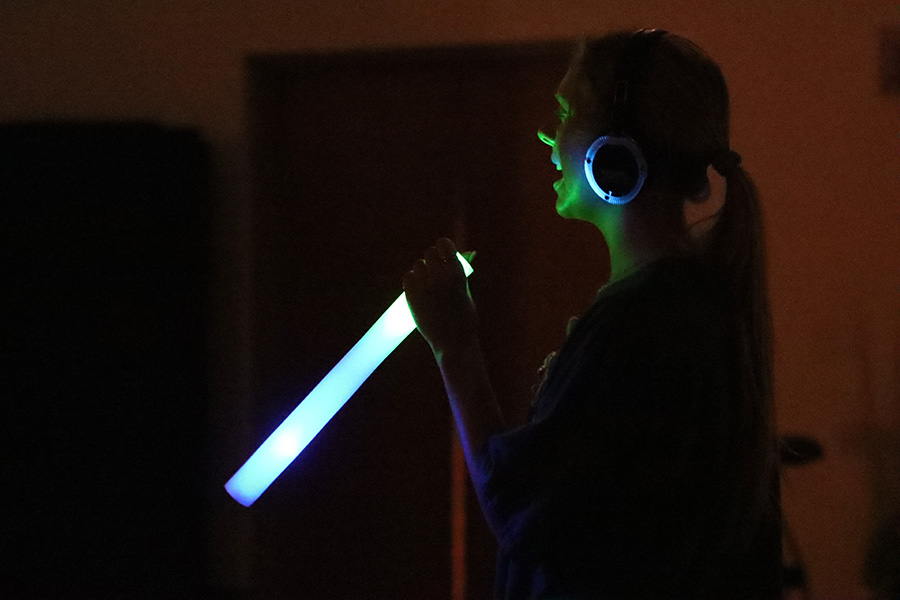02/15/08
I have a friend named Sam.
Sam has one of those laughs that you can’t help but laugh back at. And you want to laugh because everything she says makes you feel better about your life and your situation.
And she laughs a lot too.
She laughs about boys and school, about growing up and getting old. She’s the kind of person who never takes anything too seriously, especially herself.
And if a serious topic ever does come up, she just makes some lame joke and laughs it off. Sam is always laughing, and whenever I’m around her, I’m laughing too.
But on Jan. 31, Sam stopped laughing.
She stopped laughing because nothing seemed funny to her anymore because she couldn’t make a joke out of death. She stopped laughing because no one, no matter how cynical or sarcastic, can ever make a joke out of suicide.
Not even Sam.
It’s sad, but every 16 minutes someone in the United States takes his or her own life.
Usually it’s with a gun: in the head, through the mouth.
Maybe it’s better when it’s quick. Maybe it’s better when a person doesn’t have to feel even a second’s worth of more pain.
Jordan hung herself from the ceiling fan in her room.
She used her dad’s belt, and when her younger brother found her, I bet he wished he were hanging right beside her. Because each suicide intimately affects six other people, at least according to the American Association of Suicidology.
Suicides change people.
They have this cruel way of taking beautiful, charming, intelligent young women like Sam and transforming them into these scared, guilty human beings who spend their entire lives feeling responsible for someone else’s tragedy.
When people take their own lives, it doesn’t end there. They take everyone else down with them.
And it happens every day.
Approximately 11.5 people aged 15-24 will take their lives today in the U.S. And you know what else?
About 11.5 people aged 15-24 will take their own lives tomorrow as well, and we’re just standing here while they suffer, just watching as they fall apart.
There are warning signs for suicide.
There are things we should all be looking out for, like a change in personality, or sleep patterns or eating habits.
But we’re all busy with our own problems and our own lives.
So maybe the best strategy to combat suicide is to be a good friend, to be nice to people who are struggling, to offer support to those who need it.
Maybe the best way to prevent suicide is for all of us to live kinder, more caring lives.
Jordan was hurting. And now Sam hurts too.
The AAS estimates that one out of every 65 Americans is a survivor of someone who has taken his or her own life.
That’s more than 4.6 million people who are struggling to live because someone else couldn’t, because someone they cared about didn’t want to live anymore.
How long does it take before a person can let go of a loved one who took his or her own life?
Some people say they never can.
Some people say you can’t forget the guilt of not helping.
Some people say you can never forget how guilty you feel for living, for being alive and happy while someone you care about is dead.
But I have heard Sam laugh before, uncontrollably despite pain.
I’ve heard her laugh until her face turned red despite the heartache she felt inside.
I’ve heard her laugh when everything in her life seemed to be falling apart.
And I know she’ll laugh again.






